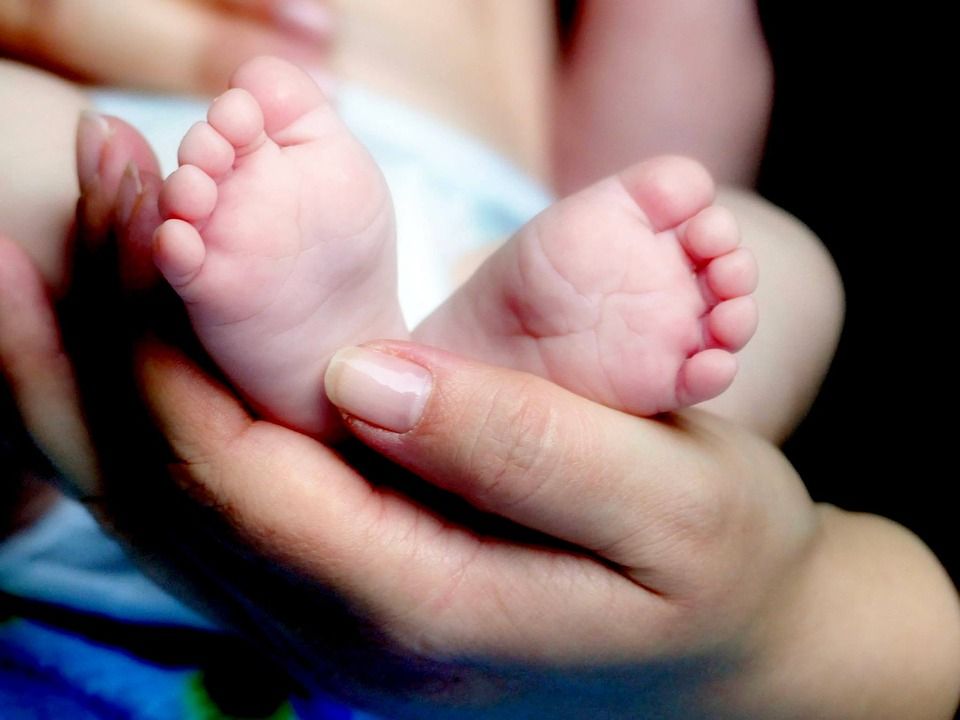The child and social minister, Mai Mercado, wants to take a hard look at Denmark’s adoption legislation in the wake of a case involving a Danish couple paying 750 euros for a new-born Polish boy.
Mercado said she would contact the justice minister, Søren Pape Poulsen, to see what could be done in terms of possibly making alterations to the law.
“It’s deeply appalling to turn a child into a commodity,” Mercado told DR Nyheder.
The couple in question were given a 20-day conditional prison sentence and ordered to undertake 40 hours of community service by the City Court in Sønderborg.
They were convicted of providing false information to the state regarding the boy – although they were acquitted of overstepping the adoption law.
READ MORE: Denmark to look into Sri Lankan adoption case
Adoption or transaction
Before paying for the Polish boy, the couple had advertised on the internet that they were looking for a mother who was unable to take care of her child.
A Polish woman answered the ad demanding 100,000 kroner for her child, before settling for 750 euros (about 5,500 kroner).
The Danish couple picked up the child in Poland two days after it was born and the case only surfaced after the Polish woman admitted to the Polish authorities that she had sold the baby to the Danish couple.
The boy is now three years old and lives in north Jutland with the Danish couple. The Danish adoption association Adoption og Samfund has criticised the couple for their actions.














